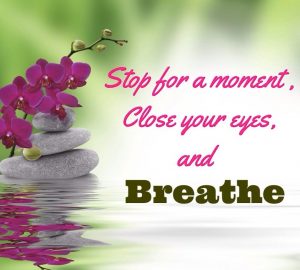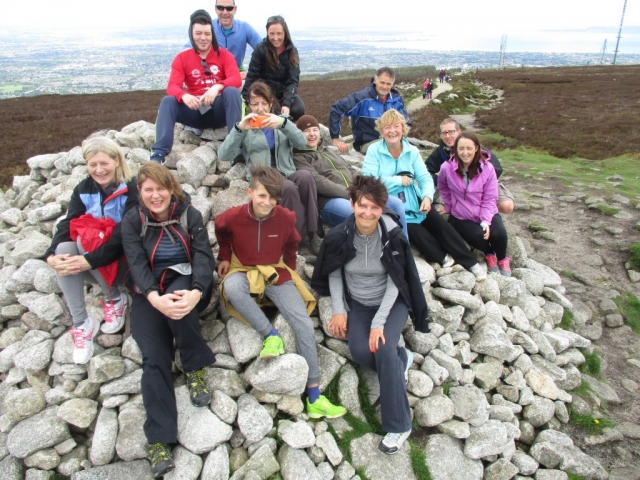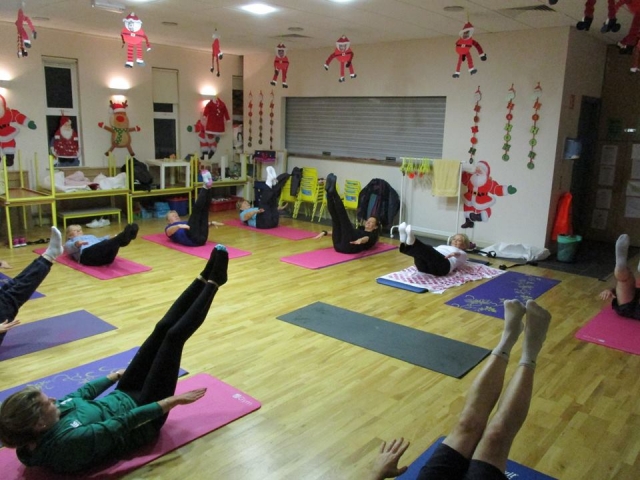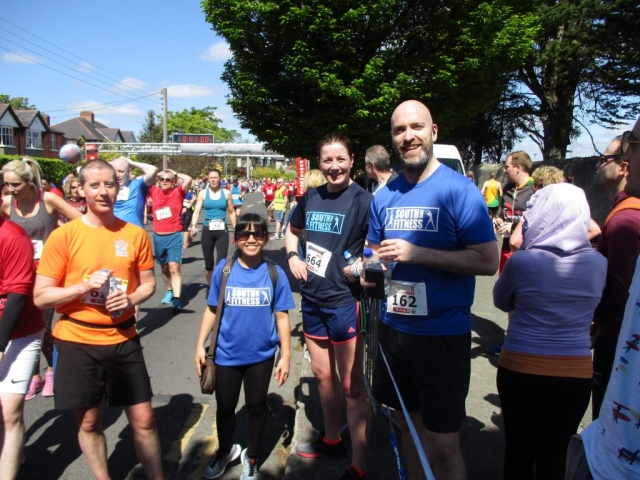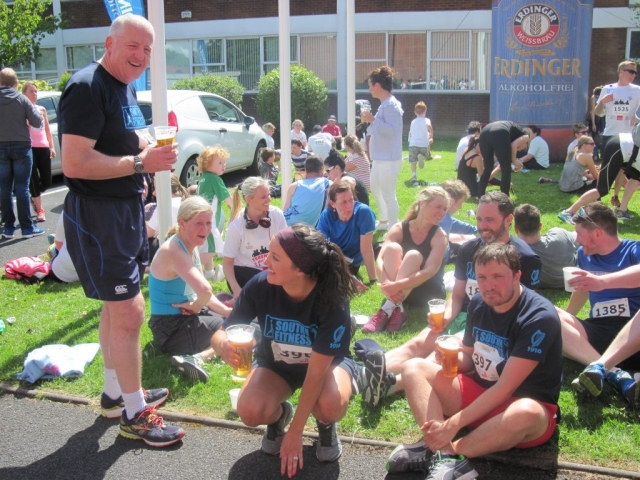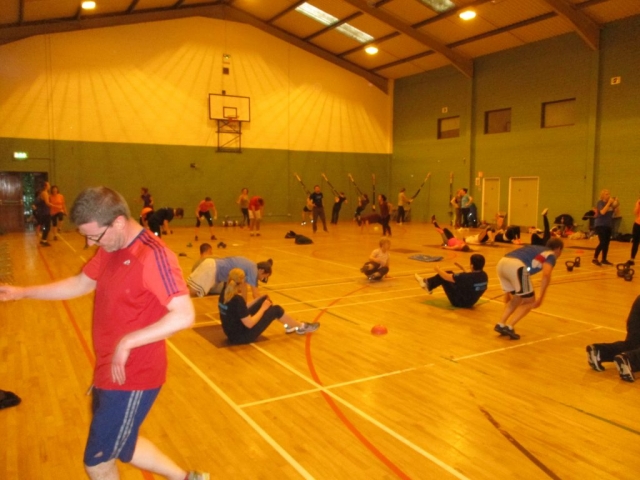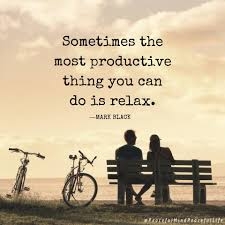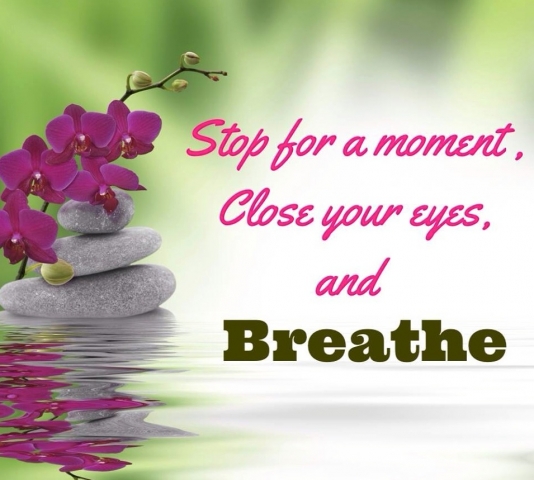STRESS RELIEF and RELAXATION TECHNIQUES
Stress relief
The pace and challenges of modern life make stress management necessary for everyone.
To monitor your stress, first identify your triggers. What makes you feel angry, tense, worried or irritable? Do you often get headaches or an upset stomach with no medical cause?
Some stressors, such as job pressures, relationship problems or financial concerns, are easy to identify. But daily hassles and demands, such as waiting in a long line or being late to a meeting, also contribute to your stress level.
Even essentially positive events, such as getting married or buying a house, can be stressful. Any change to your life can cause stress.
Once you’ve identified your stress triggers, think about strategies for dealing with them. Identifying what you can control is a good starting point. For example, if stress keeps you up at night, the solution may be as easy as removing the TV and computer from your bedroom and letting your mind wind down before bed.
Other times, such as when stress is based on high demands at work or a loved one’s illness, you might be able to change only your reaction.
Don’t feel like you have to figure it out on your own. Seek help and support from family and friends, whether you need someone to listen to you, help with child care or a ride to work when your car’s in the shop.
Many people benefit from practices such as deep breathing, tai chi, yoga, meditation or being in nature. Set aside time for yourself. Get a massage, soak in a bubble bath, dance, listen to music, watch a comedy — whatever helps you relax.
Maintaining a healthy lifestyle will help you manage stress. Eat a healthy diet, exercise regularly and get enough sleep. Make a conscious effort to spend less time in front of a screen — television, tablet, computer and phone — and more time relaxing.
Stress won’t disappear from your life. And stress management needs to be ongoing. But by paying attention to what causes your stress and practicing ways to relax, you can counter some of the bad effects of stress and increase your ability to cope with challenges.
_______________________________________________________________________________
Relaxation techniques
Relaxation techniques are an essential part of stress management. Because of your busy life, relaxation might be low on your priority list. Don’t shortchange yourself. Everyone needs to relax and recharge to repair the toll stress takes on your mind and body.
Almost everyone can benefit from relaxation techniques, which can help slow your breathing and focus your attention. Common relaxation techniques include meditation, progressive muscle relaxation, tai chi and yoga. More-active ways of achieving relaxation include walkin, jogging, or attending an exercise class, or participating in sports.
The WHO (world health organisation) recommend 150-300 minutes per week of some form of moderate and vigorous phtsical activity.
A weekly example could be a one hour walk, or walk/jog/run, or walk/hike on hilly ground twice per week, an exercise/fitness class, once or twice per week, attend a gym for an hour once per week, a Pilates or a Yoga class once per week, or even a mindfulness/medatition class,
and a COUPLE OF TIMES PER WEEK, find a space for a half hour, switch off, close your eyes and BREATHE.
